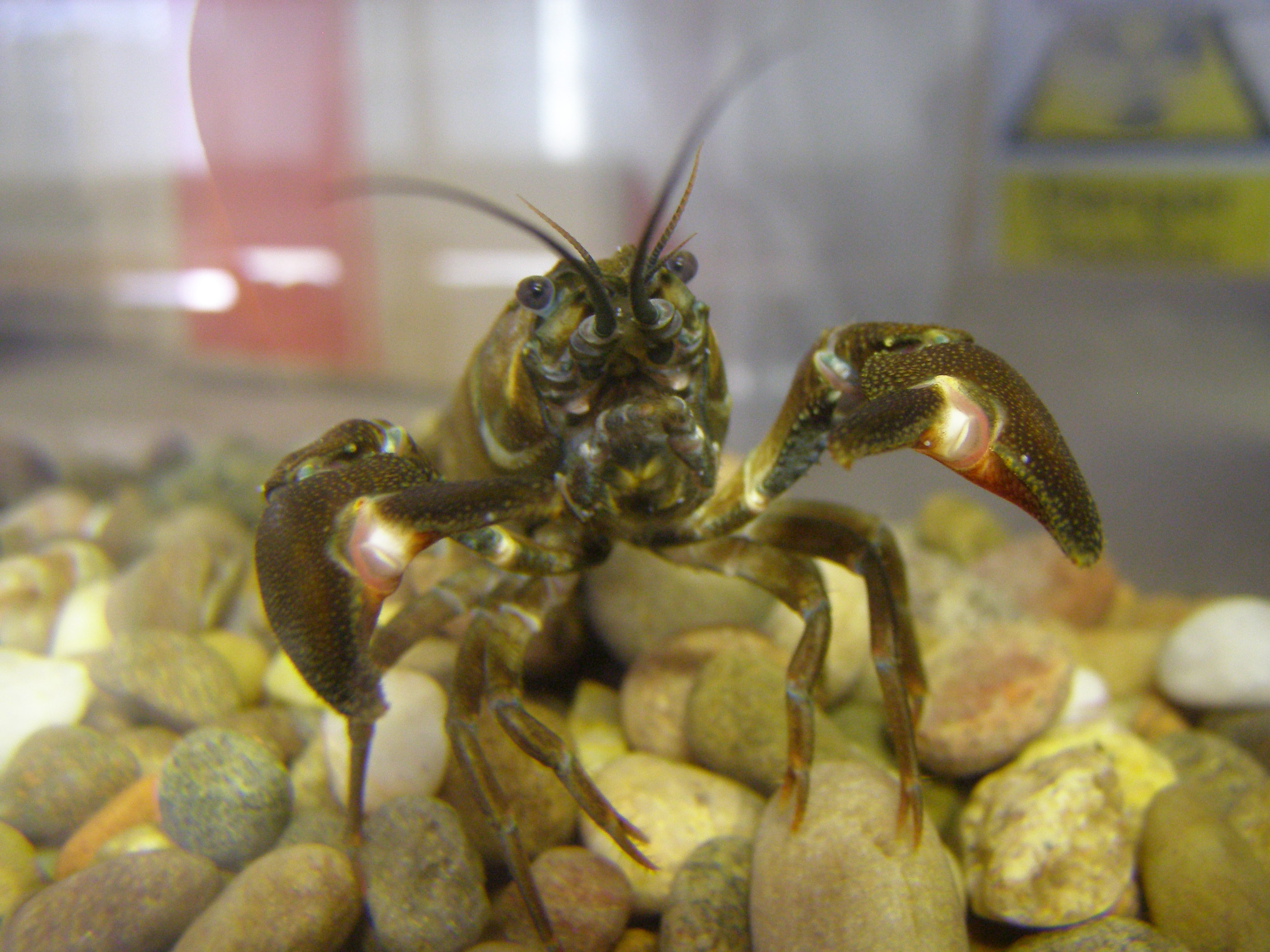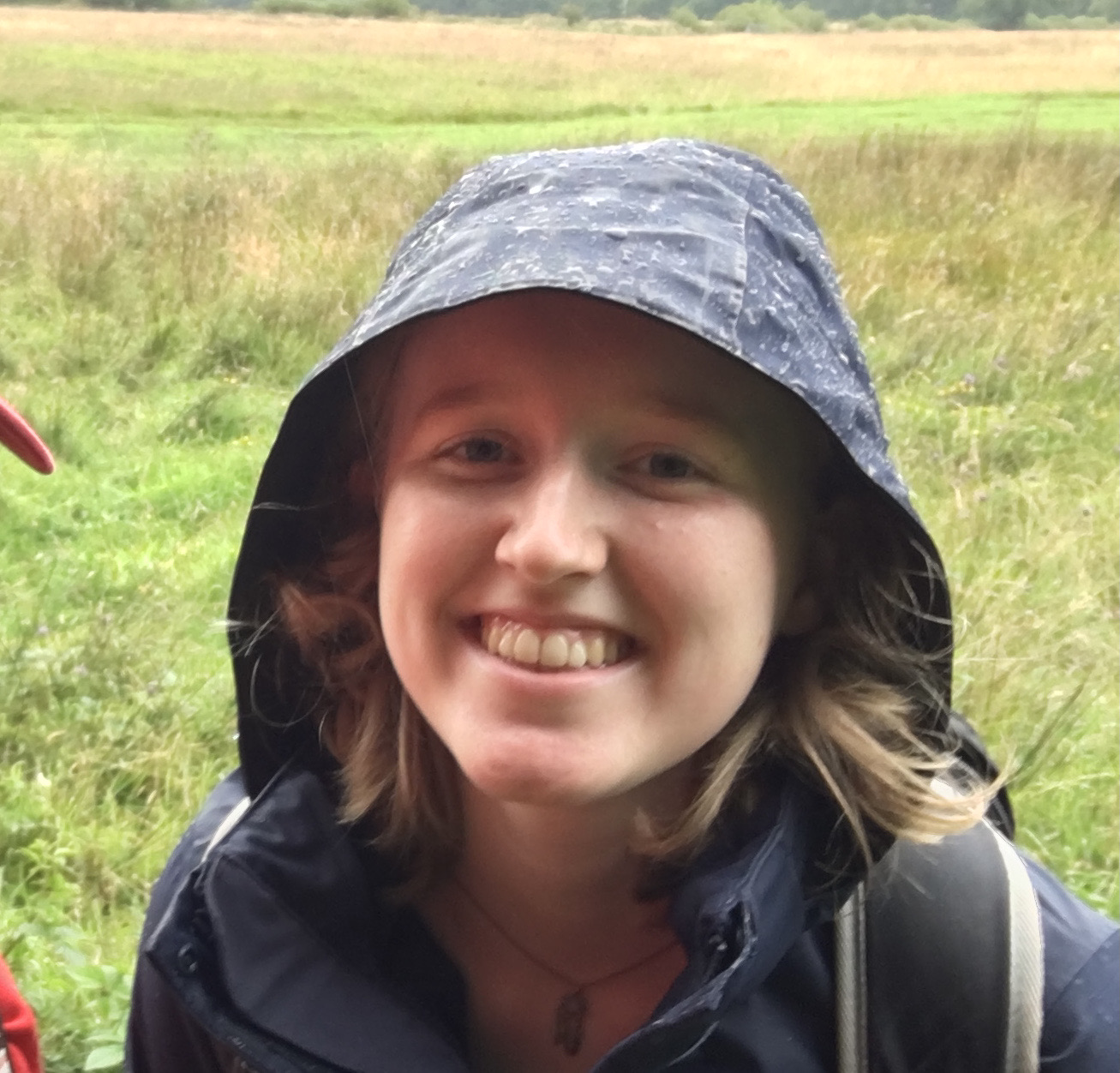About Me
After graduating with a BSc (Hons) in Environmental Geoscience from the University of Nottingham in 2017, I studied for a MSc in River Basin Dynamics and Management with Geographical Information Systems at the University of Leeds before returning to Nottingham to start my PhD in 2019. My research interests primarily focus on biogeomorphology - the intersection between geomorphology and ecology - and the role that animals take as ecosystem engineers in rivers.
PhD Research Summary
Title: “Predicting sediment transport dynamics in rivers infested with invasive signal crayfish (Pacifastacus leniusculus)”
Supervisors: Dr. Matthew F. Johnson (School of Geography) and Prof. Nicholas Dodd (Department of Civil Engineering)
Fluvial sediment transport models often perform poorly when applied to natural channels. Invertebrate animals are known to disturb river beds and banks, altering sediment stability and transport, therefore inclusion of biological activity in the models could increase the accuracy of their predictions. However, this has not yet been widely investigated or applied. This project will determine the different biogeomorphological roles of invertebrate animals and categorise them into functional groupings of invertebrate-sediment interactions. The impact of invasive signal crayfish (Pacifastacus leniusculus) on fluvial sediment transport will then be considered, and incorporation of their impacts into sediment transport modelling frameworks will be attempted using a combination of results produced from laboratory flume experiments and computer simulations. Due to their large body size, high abundance, and burrowing behaviour, signal crayfish have a particularly significant impact on sediment dynamics in UK rivers, making them a good test organism. This work aims to increase the accuracy of sediment transport prediction in infested rivers, allow for the extrapolation of the impacts of future invasion scenarios, and provide an example modelling framework that can later be extended to other organisms.

